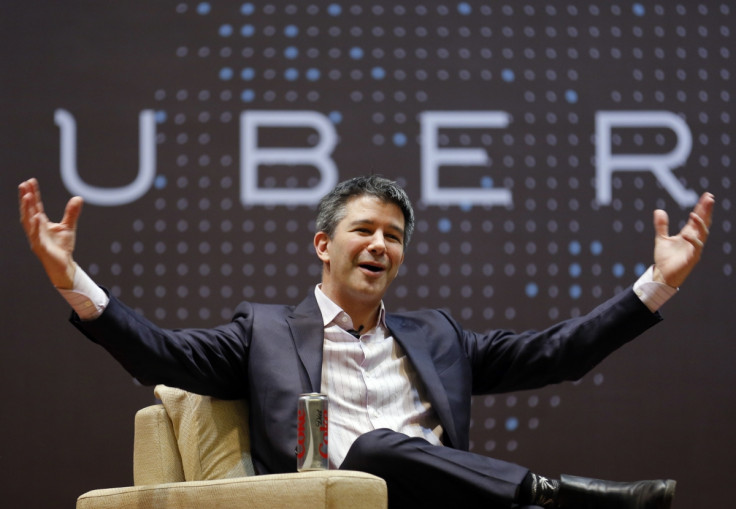Uber is losing $1bn a year in China admits CEO Travis Kalanick

Uber's mission to take over the world appears to have hit a speed bump in China where the taxi-hailing start-up is losing more than $1bn a year. Travis Kalanick, the company's CEO, revealed the venture into one of the largest international markets is leaking funds as a result of the fierce competition from rival ride-hailing service, Didi Kuaidi.
"We're profitable in the USA, but we're losing over $1bn a year in China. We have a fierce competitor that's unprofitable in every city they exist in, but they're buying up market share," he was quoted in a report by Betakit.
Didi Kuaidi is the world's largest app-based transport service and a result of a merger between two of China's biggest taxi-hailing apps, Didi Dache and Kuaidi Dache, who dominated the Chinese market. The companies were once bitter rivals and held 55% and 45% market share respectively until they decided to join forces for a $6bn operation, backed by Chinese search engine Tencent and Alibaba.
In July 2015, Uber began its move into in China, with Beijing being its first city. The launch was boosted by a massive cash injection from Baidu, the Chinese internet rival to Didi Kuaidi's investor Tencent.
Why Uber is losing so much money?
The biggest part of the problem is that Uber is a relative small fish in the market and is not getting nearly enough customers. According to analyst reports, as of August 2015, Didi Kuaidi completed seven million rides as opposed to Uber's one million. In order to keep pace with the major player, Uber is having to spend and invest.
Didi Kuaidi holds an estimated 80% market share and also made the shrewd move of joining forces with Uber's rivals Lyft and India's Ola in a bid to totally fend off Uber's drive into the country.
As well as on the streets, the taxi-hailing app war is being fought on the fund-raising front with both companies going through rounds of raising capital. "I wish the world wasn't that way. I prefer building rather than fundraising. But if I don't participate in the fundraising bonanza, I'll get squeezed out by others buying market share," said Kalanick.
The latest bouts of cash collecting saw Didi Kuaidi collect another $3bn to take its overall value to a reported $16.5bn, while Uber is nothing to be sniffed at with a valuation of $8bn. No doubt it faces a harder challenge in the Chinese market than it has elsewhere (is that schadenfreude we hear, cab drivers?) but while it might not conquer there's certainly enough of a lucrative market in terms of sheer numbers to set its sights on.
© Copyright IBTimes 2024. All rights reserved.






